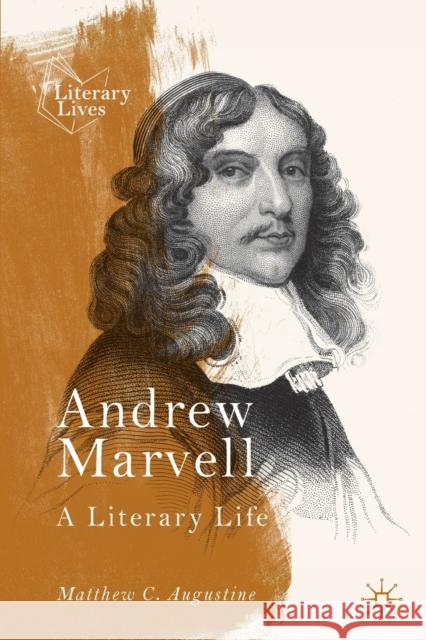Andrew Marvell: A Literary Life » książka
topmenu
Andrew Marvell: A Literary Life
ISBN-13: 9783030592899 / Angielski / Miękka / 2021 / 234 str.
Kategorie:
Kategorie BISAC:
Wydawca:
Springer Nature Switzerland AG
Seria wydawnicza:
Język:
Angielski
ISBN-13:
9783030592899
Rok wydania:
2021
Wydanie:
2021
Numer serii:
000491410
Ilość stron:
234
Waga:
0.36 kg
Wymiary:
23.39 x 15.6 x 1.35
Oprawa:
Miękka
Wolumenów:
01
Dodatkowe informacje:
Wydanie ilustrowane











